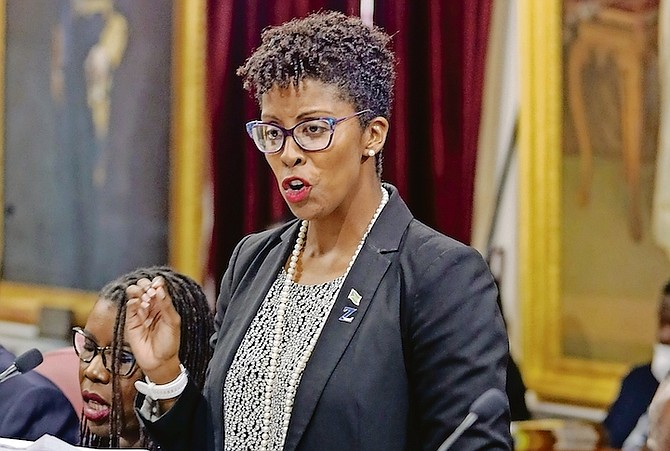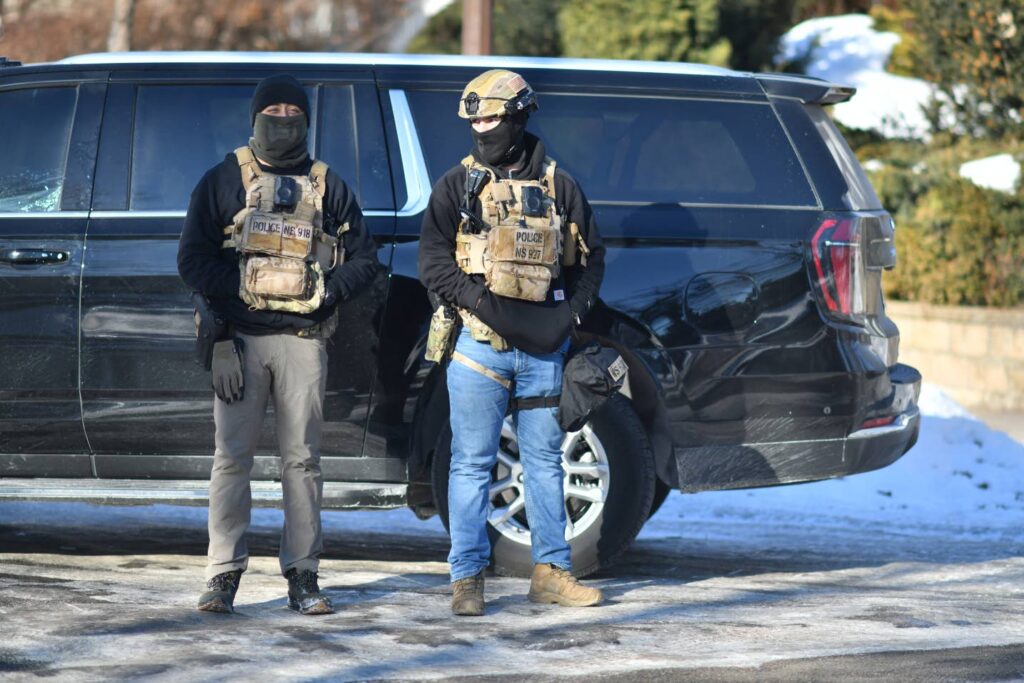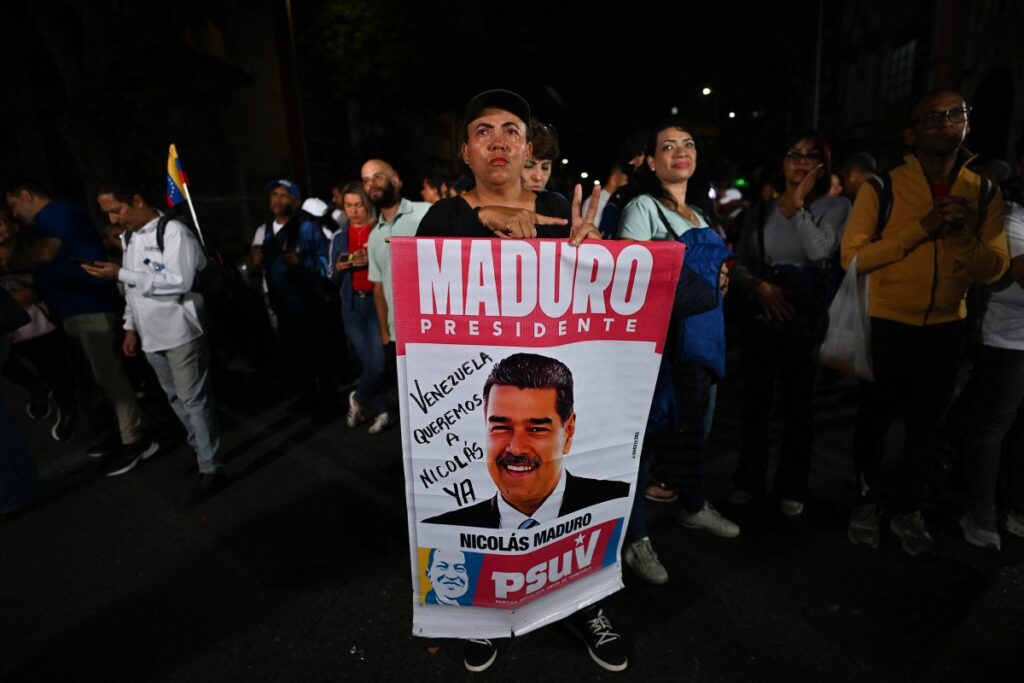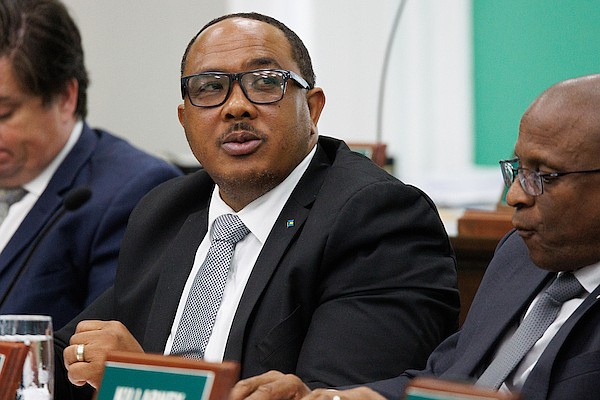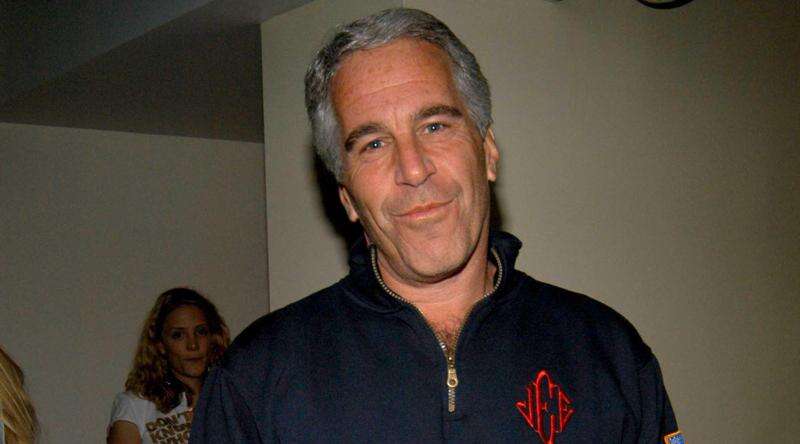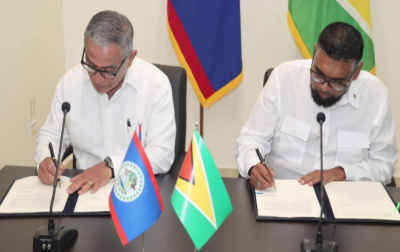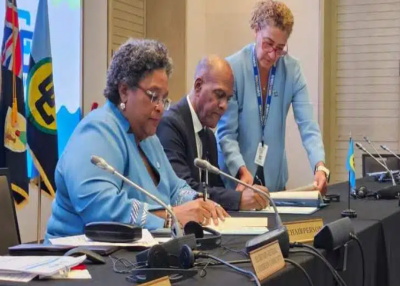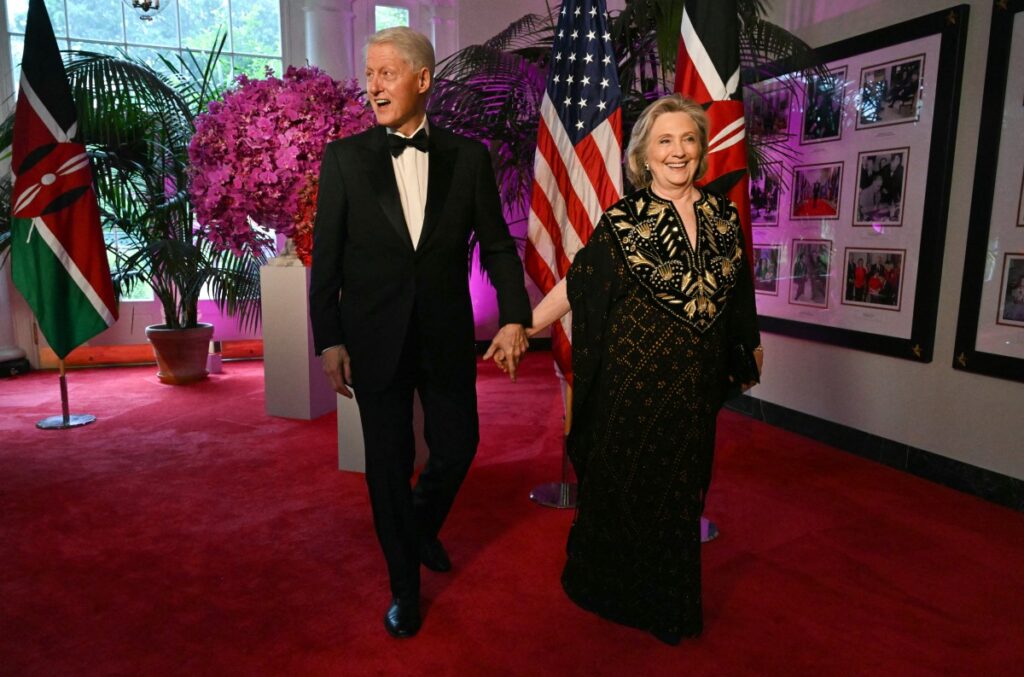A significant political confrontation has erupted in the Bahamas following allegations that the Bahamas Grid Company (BGC) was barred from accessing critical infrastructure during a major power crisis. Free National Movement Senator Michela Barnett-Ellis, serving as Shadow Minister for Energy, has formally demanded explanations from the Davis administration regarding these claims.
The controversy stems from a since-deleted Facebook post by BGC, published during Sunday’s island-wide blackout, which stated that their team had been denied entry to the New Providence Control Center since January 27th. According to the company, this restriction violated their contractual right to jointly manage the facility alongside Bahamas Power and Light (BPL).
Senator Barnett-Ellis characterized these allegations as raising ‘serious and troubling questions about the management of our national electricity system.’ She emphasized that if verified, this decision would have left BPL personnel exclusively overseeing the control center during a critical emergency period, potentially hampering efforts to assess, mitigate, or shorten the widespread outage that affected thousands of residents.
The opposition senator presented a series of pointed inquiries to the government, including: who authorized the denial of access, whether the Minister of Energy and Prime Minister were informed of this decision, and what safeguards exist to ensure contractual partners can perform their designated roles during emergencies.
In response, BPL issued an official statement denying any strain in their partnership with BGC, affirming their commitment to ‘a seamless working relationship.’ The power company disclosed that both organizations held a productive meeting to address the social media post and ‘chart the way forward in unity.’ BPL also emphasized maintaining strict security protocols governing access to secured spaces, applicable to all employees, partners, and visitors.
The extensive power outage began late Saturday, with a complete island-wide blackout occurring around 1 AM Sunday. BPL attributed the crisis to high winds causing multiple areas to trip offline, with several other islands also experiencing weather-related disruptions. Notably, BGC’s responsibilities are limited to New Providence’s network under a public-private partnership established between the government and US-based Pike Corporation.
This incident has brought renewed attention to the 25-year agreement between BPL and BGC, whose specific details remain undisclosed despite repeated requests from opposition parties and media outlets. Questions persist regarding staffing arrangements, equipment control, and operational responsibilities between the two entities.
